You and I might just think of chemistry as that one subject in school where you had to memorise a thousand seemingly arbitrary rules and do meaningless calculations, but it’s so much more than that. The fundamentals of how we think about the very world we live in come from this subject, and were pioneered by the ten people on our list of famous chemists.
So who were the best and brightest of these mad scientists? Here's an overview of some of the most famous chemists and they're greatest achievements, which we'll go into more detail within the article:
| Chemist | Contribution |
|---|---|
| Antoine Lavoisier | Recognised as the 'Father of Modern Chemistry'; established the law of conservation of mass. |
| John Dalton | Developed the atomic theory, proposing that matter is composed of indivisible atoms. |
| Amedeo Avogadro | Formulated Avogadro's law, stating equal volumes of gases contain equal numbers of molecules. |
| Jöns Jacob Berzelius | Introduced chemical notation and discovered elements like silicon, selenium, and thorium. |
| Dmitri Mendeleev | Created the Periodic Table, arranging elements by atomic mass and predicting undiscovered elements. |
| Marie Curie | Conducted pioneering research on radioactivity; first woman to win a Nobel Prize. |
| Joseph Priestley | Discovered oxygen and several other gases; contributed to the understanding of photosynthesis. |
| Louis Pasteur | Developed pasteurization; made significant contributions to microbiology and vaccination. |
| Alexander Fleming | Discovered penicillin, the first widely used antibiotic. |
| Rosalind Franklin | Played a crucial role in understanding the molecular structures of DNA, RNA, and viruses. |
| Linus Pauling | Made significant contributions to quantum chemistry and molecular biology; won two Nobel Prizes. |
| Ahmed Zewail | Pioneered femtochemistry, studying chemical reactions on extremely short timescales. |
| Frances Arnold | Awarded the Nobel Prize for her work on the directed evolution of enzymes. |

1. Antoine Lavoisier
Known for discovering the law of conservation of mass and identifying hydrogen and oxygen.
Born in 1743, Lavoisier was a chemist and biologist who is considered one of the most important chemists in history, and with good reason. Much of what he did in his 51 years of life until his untimely death in 1794 during the French Revolution still underpins modern science at the most fundamental level.
Lavoisier is most famous for his discovery of the law of conservation of mass, which states that whilst substances may change their state or form, they retain the same mass. It may sound obvious to us now, but Lavoisier’s discovery of it in the 18th century allowed everyone who came after him to do so much more without just looking at qualitative properties.
He was also the first scientist to identify hydrogen and oxygen, as well as the first to notice the role of oxygen in combustion. Considering combustion now underpins just about all modern technology in some form or another, no list of the top 10 famous chemists from history would be complete without this pioneering Frenchman.
2. John Dalton
Famous for his atomic theory, which proposed that every substance is made of atoms and introduced the concept of atomic weight.
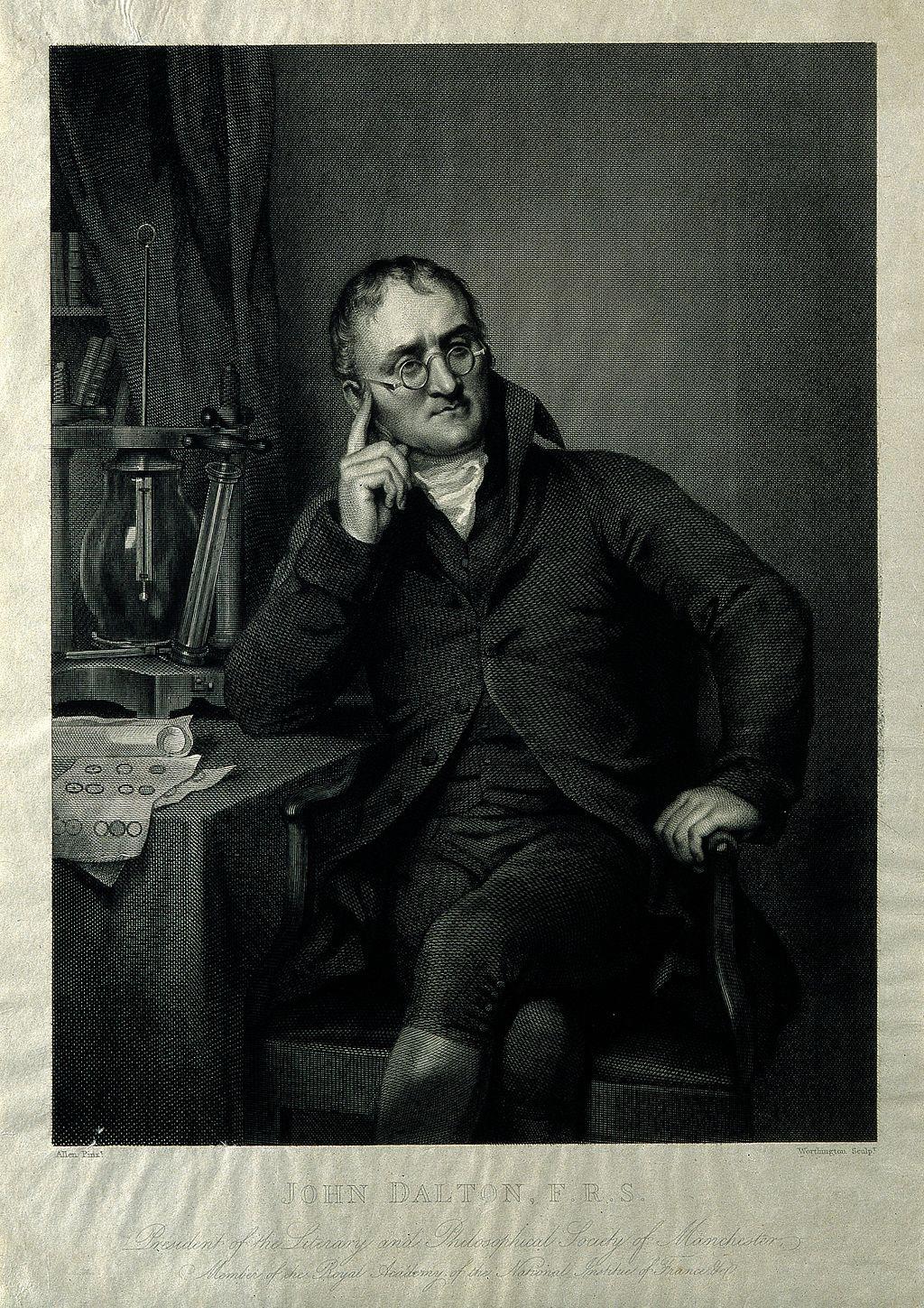
Another who must surely be considered one of the most important chemists of all time, John Dalton (1766-1844) was responsible for developing many of Lavoisier’s theories into the forms we know them by today. His most important theory, and the one responsible for making him one of the most famous chemists in the world, has to be his atomic theory.
Dalton’s atomic theory is still used to this day as the basis of all modern chemistry, which is not bad, considering it’s over 200 years old! Even the most famous modern chemists wouldn’t be able to do any of what they do without this theory.
Dalton’s atomic theory suggested every substance is made of atoms and that the atoms of each element are identical. Dalton’s atomic theory also held that the chemical compounds are the combination of atoms of different elements, and that chemical reactions are the rearranging, separation, and combination of these.
He is also responsible for the concept of atomic weight. A fundamental part of modern chemistry, all traced back to his work.
3. Amedeo Avogadro
Famous for Avogadro's law, which states that under the same conditions, equal volumes of different gases contain an equal number of molecules.
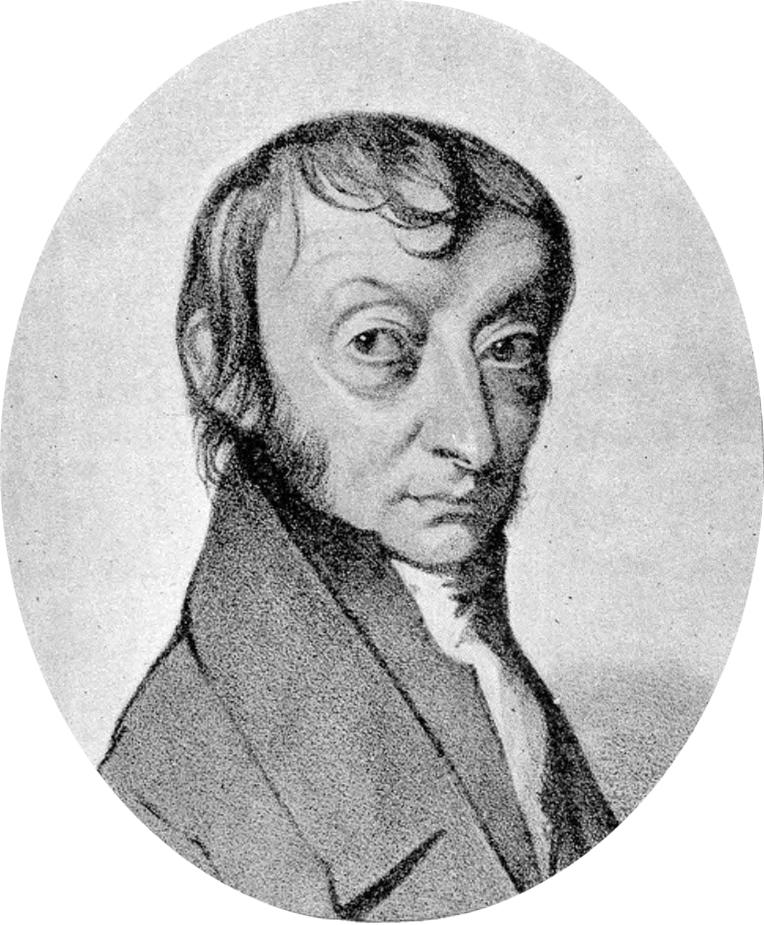
The name of Amadeo Avogadro (1776-1856) will be a familiar one to anyone who has studied chemistry at any level at any point in their life. This is helped in no small part by the fact he has just about everything named after him!
He is one of the most popular chemists to name something after, being the namesake of a scientific law, a chemical unit, a mineral, and even a crater on the moon. But why does he have so many things named after him?
The key to his fame lies in the first thing named after him, being his scientific law. Avogadro’s law states that under the same temperature and pressure conditions, the same volumes of different gases will have the same number of molecules. Crucially, this helped distinguish between the molecule and the atom, which nobody, not even Dalton before him, had even considered.
4. Jöns Jacob Berzelius
Recognised for formalising modern chemistry language, giving names to polymers, ionic bonding, and accurately measuring the weight of atoms.

The last of the four fathers of modern chemistry, but by no means the least significant. Jöns Jacob Berselius (1779-1848) was responsible most notably for formalising the language of modern chemistry. He invented the system of notation by which we refer to elements, and came up with many of the fundamental terms which are now commonplace in physical chemistry.
He was the first to give names to polymers, ionic bonding, and many more concepts that your average chemistry student probably uses more than their own name. He also discovered three elements himself, being cerium, thorium, and selenium.
All of this pales in comparison to the continuations of Dalton’s work that Berzelius championed. He was the first person to accurately measure the weight of atoms, without which all of atomic chemistry simply would not be possible.
5. Dmitri Mendeleev
Renowned for creating the periodic table of elements and accurately predicting the properties of undiscovered elements.
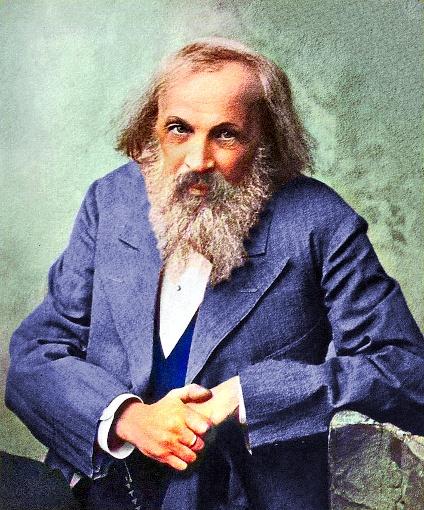
When it comes to who is the most famous chemist of them all, there really is only one choice. The work of Dmitri Mendeleev (1834-1907) is something we have all seen, chemist or otherwise, and remains the symbol of chemistry worldwide: the periodic table.
The story of how he came up with the periodic table is actually rather unusual compared to his fellow famous chemists. Rather than being the result of intricate and inspired experiments, Mendeleev apparently came up with the periodic table of the elements in a dream.
He saw patterns between the different elements that allowed them to be arranged in a logical and complete order. However, since he didn’t know all the elements that we know of today, his initial periodic table had gaps in it.
As such, he simply left the gaps there, stating that eventually they would be filled in accordance with the patterns. Perhaps most impressively of all, his predictions were correct! In doing so, Mendeleev not only laid the groundwork for future developments in chemistry, but predicted them as well.
6. Robert Bunsen
Known for inventing the Bunsen burner and discovering the element caesium.
In any self-respecting chemistry lab, one piece of kit remains ubiquitous, the trusty Bunsen burner. By its nature, much of academic chemistry involves heating things up, and the Bunsen burner is the face of such activities. The man behind it deserves an equal amount of praise, though.

A university lecturer born in Germany, Robert Bunsen (1811-1899) seemed to have a hand in all sorts of different fields of chemistry. As well as developing his famous burner, he also developed an antidote for arsenic poisoning, as well as discovering the element caesium. A man of many talents, in no uncertain terms!

7. Alfred Nobel
Famous for inventing dynamite and establishing the Nobel Prize.

Probably the most famous chemistry name outside of chemistry, the man after whom the world-renowned Nobel Prize is named. However, despite what you might expect, Alfred Nobel (1833-1896) did not have a legacy of peace prior to his famous prize. By trade, he was an arms dealer, selling primarily explosives.
His contributions to chemistry were still significant, no doubt earning him a place on this list in their own right. However, the one that gets all the attention is without question dynamite. First created as a tool for construction, it would not take long before it found its way into use as a weapon. The rest, as they say, is history.
Strangely, this weapon is what led to the creation of the Nobel Prize. In his later years, Nobel regretted creating one of the most destructive chemical substances ever devised, and chose to donate his massive fortune to inaugurating the Nobel Prize in chemistry, physics, medicine, and peace.
8. Linus Pauling
Recognised for his contributions to molecular biology, quantum chemistry, and nuclear disarmament activism.
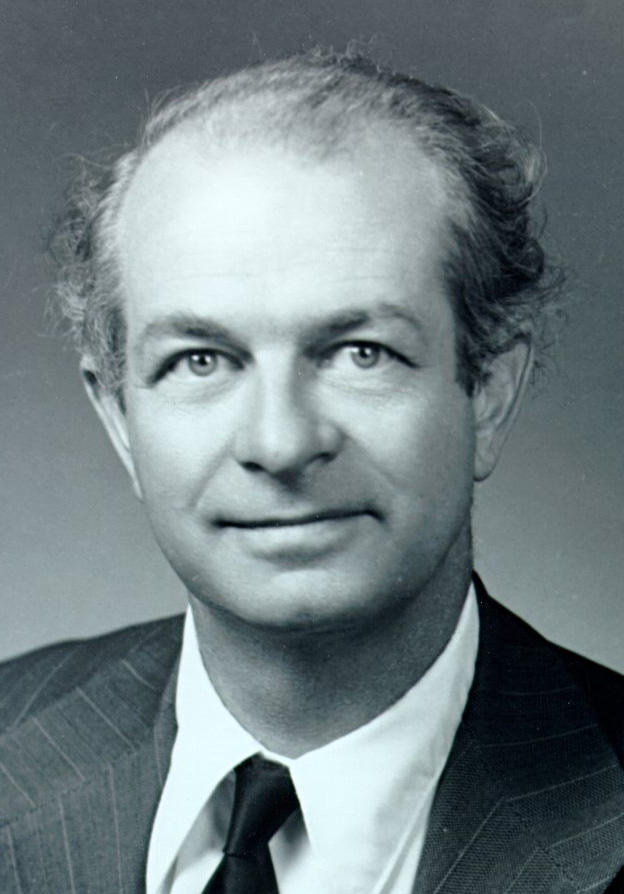
Linus Pauling (1901-1994) more than earns his place on this list, as well as many others such a list of famous scientists. One of the most famous scientists ever, and in the conversation for the most important scientist ever as well.
Not such a household name as Einstein or Newton, but as the man responsible for single-handedly creating both molecular biology and quantum chemistry, his name should surely be in the conversation.
As a lifelong activist for nuclear disarmament, Pauling was not only a Nobel Laureate in chemistry, but he won the Nobel Peace Prize too. As well as all this, his research into proteins also inspired the work of Francis Crick and James Watson, who, without Pauling, would never have discovered the structure of DNA. Quite the impressive resume for one scientist!
9. Marie Curie
Celebrated for her work on radioactivity, which led to advancements in medical treatment and our understanding of atomic structure.

Marie Curie (1867-1934) is renowned not only for her groundbreaking work in chemistry but also for her contributions to physics. She was the first woman to win a Nobel Prize and remains the only person to have won Nobel Prizes in two different scientific fields.
Curie's research on radioactivity paved the way for advancements in medical treatment and our understanding of atomic structure. Her discoveries laid the foundation for modern nuclear chemistry and have had a profound impact on numerous scientific disciplines.
10. Kathleen Lonsdale
Known for her pioneering work in crystallography, particularly on the structure of diamonds and benzene.
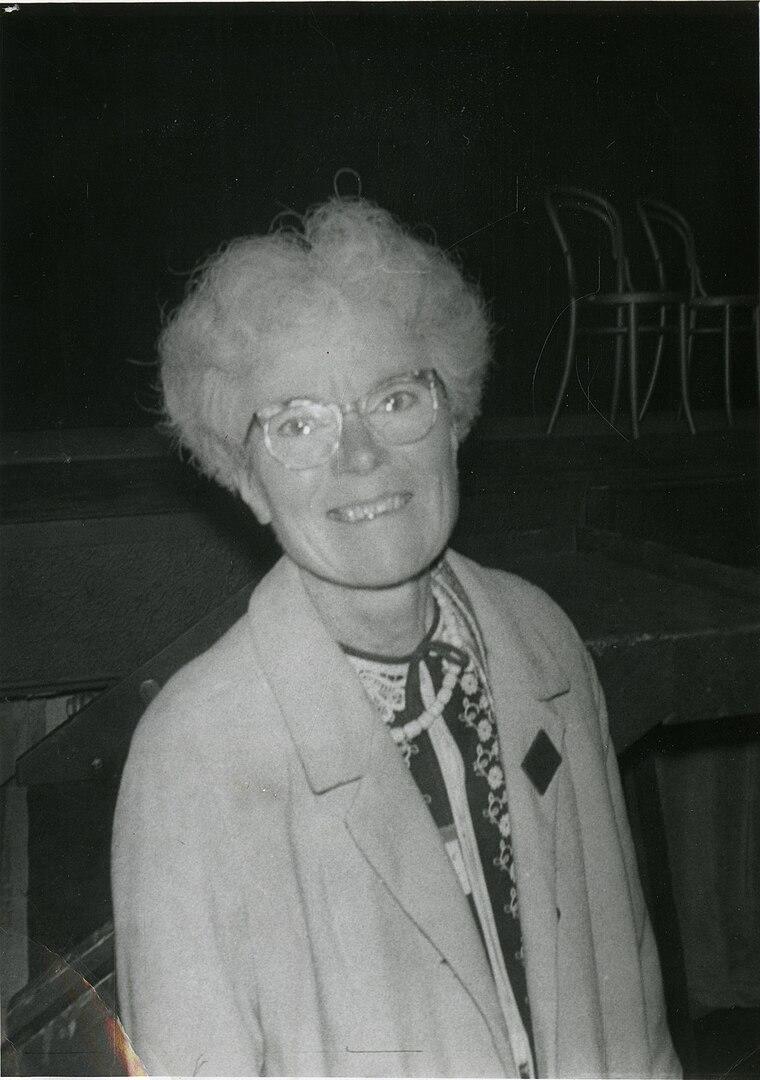
Unlike some of the others on this list, you are unlikely to find Kathleen Lonsdale (1903-1971) in a list of the most famous chemists of all time. There is little doubt, however, that she deserves more recognition than she gets.
She was the first woman to be elected a fellow of the Royal Society, as well as being awarded numerous titles for her work in crystallography. A lesser known discipline, but within the field, her work on everything from diamonds to the structure of benzene has been profoundly influential.
11. Dorothy Hodgkin
Renowned for her contributions to biochemistry, including the development of medical penicillin and insulin.

Chemistry has historically been a male dominated field. However, in the twentieth century, some of the most brilliant minds in the subject have been women, with Dorothy Hodgkin (1910-1994) being one of the more chief among them.
Deservingly one of the most famous female chemists for her work in biochemistry, Hodgkin and her team were responsible for the creation of medical penicillin, and crucially also insulin.
The net good that these two have done for the whole world cannot really be done justice with words, but the fact she is the only British woman to have ever won a Nobel Prize in science speaks volume to the significance of her work.
12. Carolyn Bertozzi
Pioneering work in bioorthogonal chemistry, enabling precise study and manipulation of biomolecules within living organisms.

Carolyn Bertozzi is a prominent chemist known for her pioneering work in bioorthogonal chemistry. Her research focuses on developing chemical tools and techniques to study biological systems with unprecedented precision.
Bertozzi's innovations have enabled scientists to manipulate and visualise biomolecules within living organisms, leading to advancements in drug delivery, diagnostics. She has received numerous awards for her contributions to chemistry and biology, including the prestigious MacArthur Fellowship.
13. Frances Arnold
Leading figure in directed evolution, engineering proteins with desired properties, and awarded the Nobel Prize in Chemistry in 2018.

Frances Arnold is a leading figure in the field of chemical engineering and molecular biology. She is renowned for her work in directed evolution, a technique that mimics natural selection to engineer proteins with desired properties.
Arnold's groundbreaking research has implications across various industries, including pharmaceuticals, renewable energy, and biotechnology. She was awarded the Nobel Prize in Chemistry in 2018 for her pioneering contributions to the field of enzyme engineering.
Want to be among these names the next time this list gets made? With the ever-expanding complexity of chemistry as an academic discipline, it can be confusing to navigate. However, with a Superprof chemistry tutor, even the hardest concepts in chemistry can be navigated easily. Chemistry is intimidating at first, but with the right guidance you can master it!
Of course, the people on this list are a little different to what we might think of as a chemist in the modern world. Back then, the term chemist was much more an academic occupation. If you were a chemist, you were more so the mad scientist type than the high street store type.
Who do you think is the greatest chemist of all time?
Summarise with AI:
















